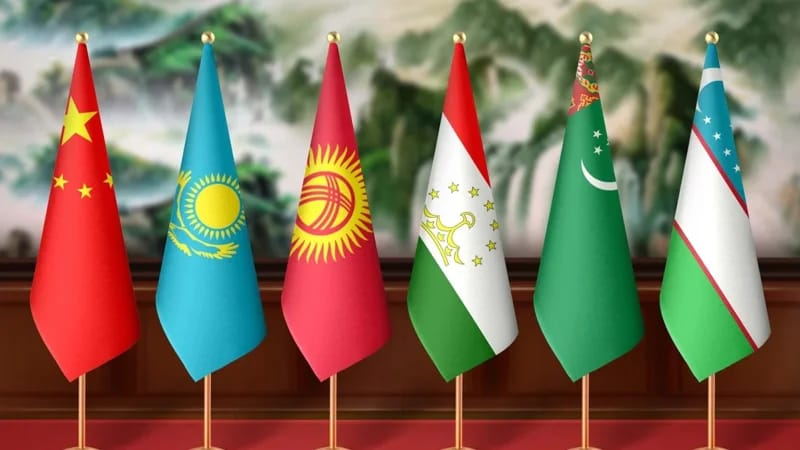Web Desk

Tashkent: At the contemporary stage, Uzbekistan and China have elevated their partnership to unprecedented levels, positioning their ties as a model of pragmatic cooperation, mutual trust, and long-term strategic vision. For Uzbekistan, China has consistently been a reliable neighbor and a time-tested partner, with 2024 marking the most productive era in bilateral relations.
The relationship has been reinforced by regular dialogue between President Shavkat Mirziyoyev and Chinese President Xi Jinping. In 2023 alone, the two leaders met four times, culminating in the January 2024 state visit to China, where relations were formally elevated to an “all-weather strategic partnership.”
Economic and Trade Momentum
China remains Uzbekistan’s largest foreign economic partner. In 2024, bilateral trade turnover reached $12.4 billion, with a target of $20 billion by 2030. Over the past seven years, Chinese investment has exceeded $23 billion, spanning the chemical industry, pharmaceuticals, engineering, energy, and infrastructure.
A landmark development is BYD’s establishment of an electric vehicle plant in Jizzakh – its first factory outside China – symbolizing the shift toward high-tech industrial collaboration. Meanwhile, renewable energy cooperation is expanding, with $4.4 billion worth of agreements for solar and wind power projects signed in 2023.
Digital, Cultural, and Humanitarian Cooperation
Uzbekistan has also embraced digital trade with China, launching a permanent pavilion on Alibaba featuring textiles, agriculture, and food products, with plans to expand to 300 items. On the cultural front, Confucius Institutes in Tashkent and Samarkand, and Uzbek language programs in Chinese universities, are fostering deeper people-to-people connections.
Tourism is another growth sector. The visa waiver agreement effective in 2024, along with the Tourism Cooperation Plan (2024–2026), is expected to boost exchanges between the two nations.
Regional Dimension: Central Asia–China Connectivity
Uzbekistan’s deepening ties with China reflect a broader trend across Central Asia. Regional trade with China has risen 2.5 times since 2017, reaching $60.7 billion in 2024. Investments surpass $70 billion, making Beijing the leading partner in infrastructure, logistics, and industrial cooperation.
At the second China–Central Asia summit in Astana, leaders signed the Treaty of Eternal Good-Neighborliness, Friendship, and Cooperation, alongside proposals for an Industrial and Infrastructure Belt, a Central Asia–China Development Fund, and an Ecological Alliance to address environmental challenges.
Future Outlook
Uzbekistan advocates building interconnected industrial clusters, green development initiatives, and a unified transport corridor map to ensure sustainable regional growth. The creation of a Silk Road Cultural Heritage Digital Portal is also underway to preserve and promote the region’s shared legacy.
In the words of President Mirziyoyev: “Today, this is already a different Central Asia – cohesive and strong, open to dialogue and full-scale partnership.”
With strong political will and shared development priorities, Uzbekistan-China relations continue to set new benchmarks, serving as a cornerstone of Central Asia’s integration with global markets.























